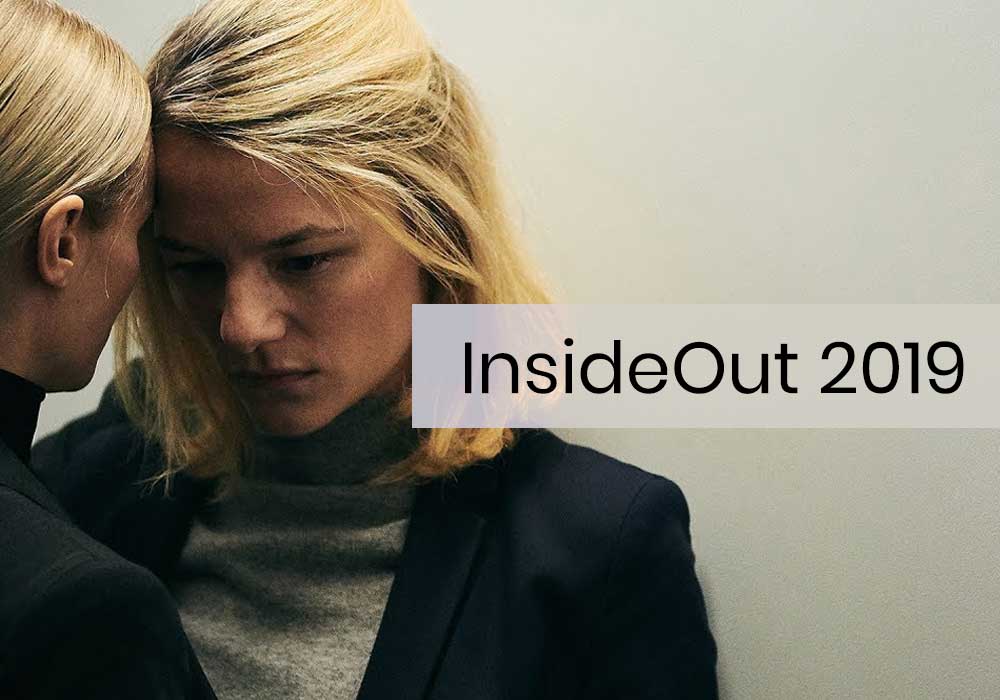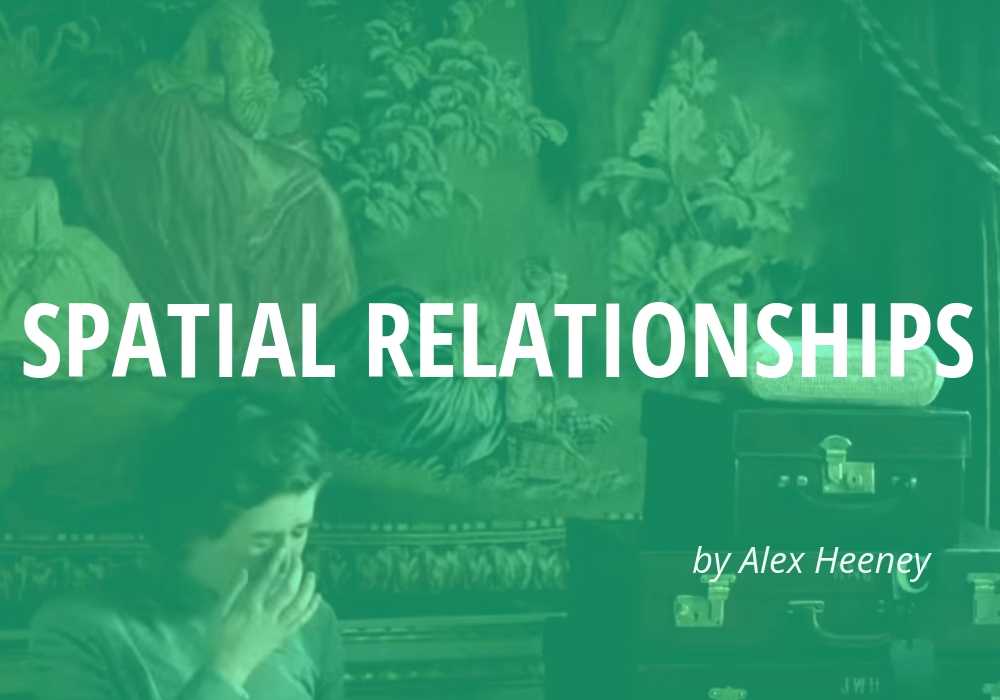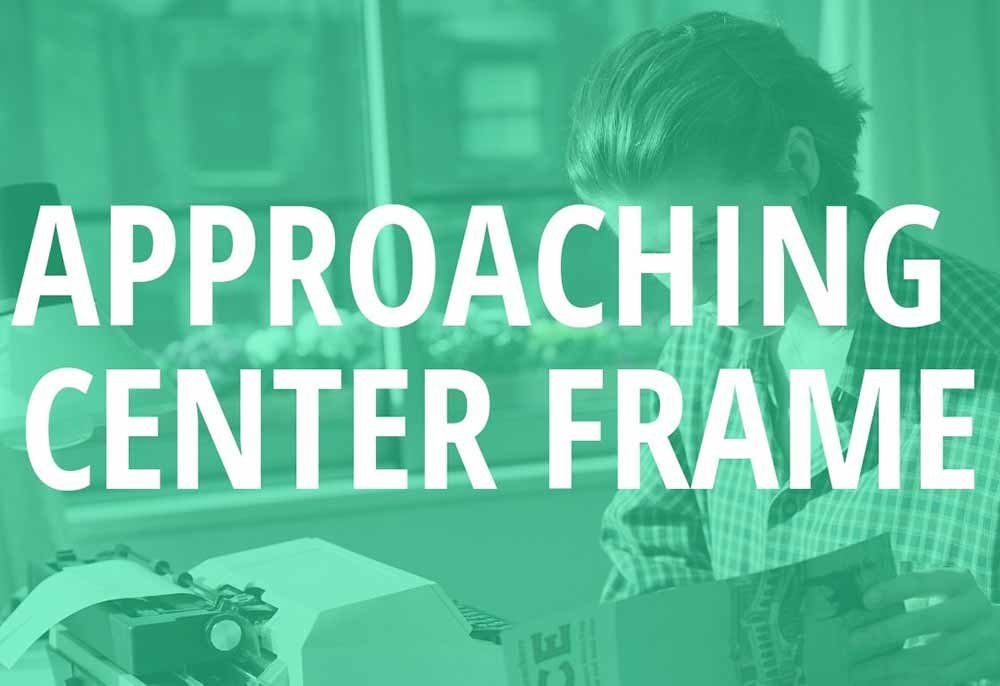Hind Meddah’s Paris Stalingrad questions the spectacle of authoritarian xenophobia.
Directed by Women
Explore films by directors who identify as women.
TIFF19 review: Kuessipan , a standout Indigenous coming-of-age story
Myriam Verreault’s Kuessipan is a captivating story about two teenage girl’s friendship on a Quebec Innu reserve
TIFF19 review: Lina from Lima, a must-see acquisition title
Lina from Lima is part realist drama about the immigrant working experience and part flamboyant musical, and it’s one of the best acquisition titles at TIFF19.
InsideOut 2019 highlights include The Ground Beneath My Feet and Zen in the Ice Rift
The 2019 InsideOut Film Festival brought together mainstream hits like Rocketman and Late Night with arthouse gems like The Ground Beneath My Feet and Zen in the Ice Rift.
Spatial relationships in the films of Joanna Hogg
In all of her films, Joanna Hogg uses spaces to structure her characters’ relationships, often finding them trapped by their own privilege and complacency in safe spaces; the characters need to step outside their comfort spaces to grow and develop. This essay appears in the new Seventh Row ebook Tour of Memories: The Creative Process […]
Approaching center frame in The Souvenir
In The Souvenir, Joanna Hogg demonstrates Julie’s development from a shy observer to the main character in her own story through the way Julie occupies the room and the frame. This essay is a sneak preview of the new ebook on the film, Tour of Memories: The Creative Process Behind Joanna Hogg’s The Souvenir. Get […]





